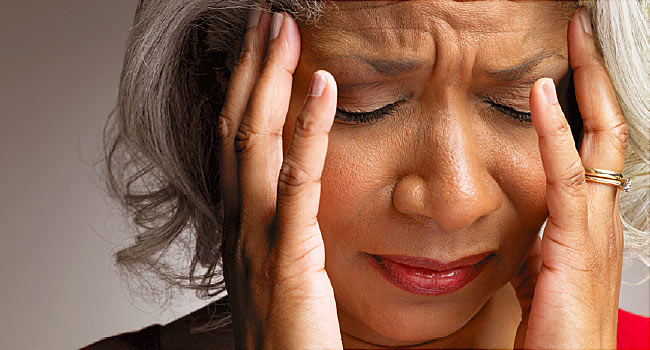The field of mental health is one that has seen quite a bit of research and attention in recent years. While previously an area of medicine that was never fully given its due consideration, mental health is now being talked about more and more by both medical professionals and private individuals alike.
For the longest time, the subject was pretty much taboo. However, breakthroughs in research and an increased level of general empathy on the topic of mental health has led to a place where those who are suffering from mental health conditions can receive the care and treatment that they need.
That being said, there is still so much that is unknown about the human mind and the manner in which certain emotions affect different people. There is a great deal of education on the subject of mental health that needs to be done so that members of the public can better identify the symptoms of mental health conditions in themselves and in those they care about.
On that matter, it is good to be aware of some of the ways in which common conditions like depression manifest themselves. Depression can affect each person differently. There are, however, some key physical symptoms that can be indicative of depression.
Fatigue
One physical symptom of depression that is relatively consistent among those who suffer with the condition is fatigue. The feeling of being worn out even after getting rest can be so intense at times that it is difficult to leave the house or get out of bed. This level of tiredness can be classified as fatigue, particularly when it is coupled with a feeling of weakness throughout one’s body.
While there are definitive links between fatigue and depression, you might not be aware that this is a symptom, particularly when dealing with teenagers. Young people in this age group tend to go through periods of fatigue as a result of the rapid physical and mental developments that they are experiencing.
However, if you notice that your teen is fatigued for an extended period of time and that they are just simply not themselves, you might wish to consider teenage depression treatment options. Always seek the advice of a qualified healthcare professional in such cases.
Fluctuation in Weight and Appetite
Another symptom of depression that tends to affect people differently is that of a fluctuating appetite and, subsequently, weight. If you or the person you are concerned for simply loses or gains a pound here and there due to intentional changes in diet and exercise, then this is likely not a cause for concern.
On the other hand, if you notice a significant loss of appetite that results in a dramatic, unintentional weight loss then this might be indicative of depression. Some people go in the other direction and begin unintentionally eating too much, resulting in a drastic weight gain. If such physical symptoms are accompanied by feelings of hopelessness or anxiety, you might wish to consult a qualified healthcare professional to see if a diagnosis of depression is applicable.


